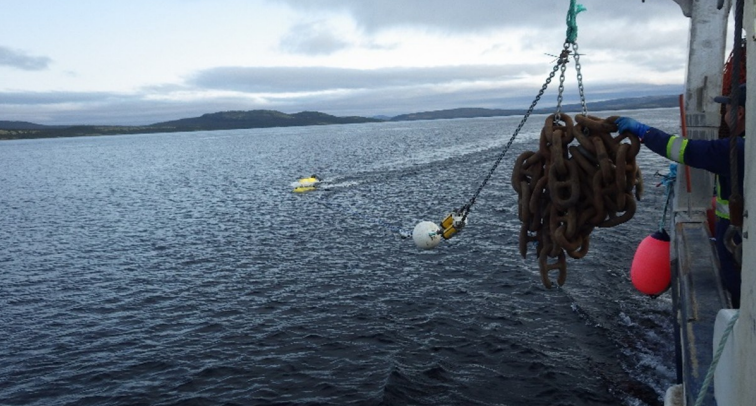Exploring Tidal Energy Potential in Rigolet, Newfoundland, and Labrador
Canada’s ASL Environmental Sciences has recently completed the first phase of a groundbreaking tidal currents study in Rigolet, Newfoundland, and Labrador. This collaborative project with the Nunatsiavut Government and Oceans North aims to support the Nunatsiavut Energy Security Plan, focusing on renewable energy options and reducing diesel reliance in the region.
Using state-of-the-art Acoustic Doppler Current Profilers (ADCPs), ASL conducted current transect surveys across the study area, followed by deploying the devices on moorings at strategic locations in the Rigolet Narrows. The data collected from this initial phase has helped identify optimal sites for the next deployment, which will involve monitoring tidal currents over a full annual cycle.
The second deployment, completed in the fall, is scheduled for recovery in the summer of 2025. The comprehensive data gathered from both phases will be instrumental in assessing the tidal energy potential, optimizing turbine placement, and addressing operational challenges. A community consultation is planned upon recovery to share and discuss the findings with local stakeholders.
“ASL is thrilled to contribute to the development of renewable marine energy infrastructure by providing expertise in physical oceanography measurement practices for preliminary front-end engineering design (PRE-FEED), construction planning, and site suitability assessments,” stated the company.
Driving Innovation in Marine Renewable Energy
In a significant move towards promoting marine renewable energy, Marine Renewables Canada recently welcomed four new members to its Board of Directors. Among them is ASL’s Director of Metocean and Arctic Strategic Partnerships, highlighting the company’s commitment to advancing sustainable energy solutions.
With ongoing research and collaboration efforts, the exploration of tidal energy potential in Rigolet signifies a crucial step towards a cleaner and more sustainable energy future for Newfoundland and Labrador. ASL’s pioneering work in this field sets the stage for further advancements in marine renewable energy technologies.

